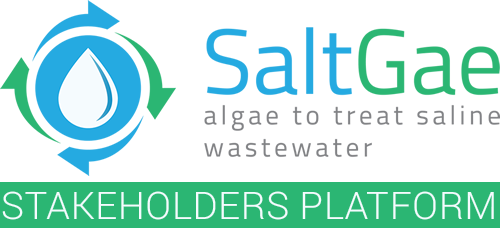Art.191 of the Lisbon treaty establishes that “Union policy on the environment shall contribute to pursuit of…. prudent and rational utilization of natural resources…”.
World Economic Forum considered water crises as the biggest global threat facing the planet in terms of impact, classifying it number one risk in its global risks report 2015.
As water is a fundamental natural resource for humans, animals, plants life as well as for the economic activities, the EU has developed several policies for its protection and management. European policies are important and necessary in order to ensure convergence among the Member States. Public policy has a tremendous influence on the citizens’ life, therefore their aim should consist on providing benefits to the society. Having a knowledge on EU water policy is important for understanding the policy objectives, benefits and identify future challenges. The EU policy plays a fundamental role in addressing main issues of the water sector such as: water pollution (urban, agricultural or industrial waste water); unsustainable use of water resources and overexploitation; floods, water scarcity and droughts. The EU water policy addresses these challenges through the adoption of legislative acts and a common Water Framework Directive (WFD) in 2000. The WFD establishes a framework for the protection of inland surface waters, transitional waters, coastal waters and groundwater, with the aim to prevent and reduce pollution, promote sustainable water use, protect the aquatic environment, improve the status of aquatic ecosystems and mitigate the effects of floods and droughts. An important legislation related to the SaltGae project, consist on the Urban Waste Water Directive (91/271/EEC) adopted by the Council on 21 of May 1991. The UWD lays down on four fundamental principles: planning, regulation, monitoring, information and reporting. This directive aims to protect the environment from the effects of urban waste water discharges and discharges from certain food and beverage industry. In this regard, the European Union has imposed some direct costs to the industries based on the principle the polluter pays.
The EU has undertaken several other initiatives, such as the European Innovation Partnership on Water (EIP), to address key water challenges and inform about the latest innovations on the sector.
The EU Water Policy Working group will offer an overview of main European water policies and related initiatives, as well as establish a dialogue between major stakeholders in order to identify main challenges of the EU Water sector and ways of improvement.
Sources of information:
- European Commission, DG Environment, Water (Link: http://ec.europa.eu/environment/water)
- Carlos Moeades, Commissioner for Research, Science and Innovation speech on “Key challenges for the water sector” (Link: https://ec.europa.eu/commission/commissioners/2014-2019/moedas/announcements/key-challenges-water-sector_en)
- The European Environmental Bureau (EBB) Handbook on EU Water Policy under the Water Framework Directive (Link: http://www.rivernet.org/general/docs/handbook.pdf)
- Directive 2000/60/EC of the European Parliament and of the Council establishing a framework for the Community action in the field of water policy (Link: http://eur-lex.europa.eu/legal-content/EN/TXT/?uri=CELEX:32000L0060)
- Council Directive 91/271/EEC of 21 May 1991 concerning urban waste-water treatment (Link: http://eur-lex.europa.eu/legal-content/EN/TXT/?uri=celex%3A31991L0271)
 Slideshare
Slideshare
